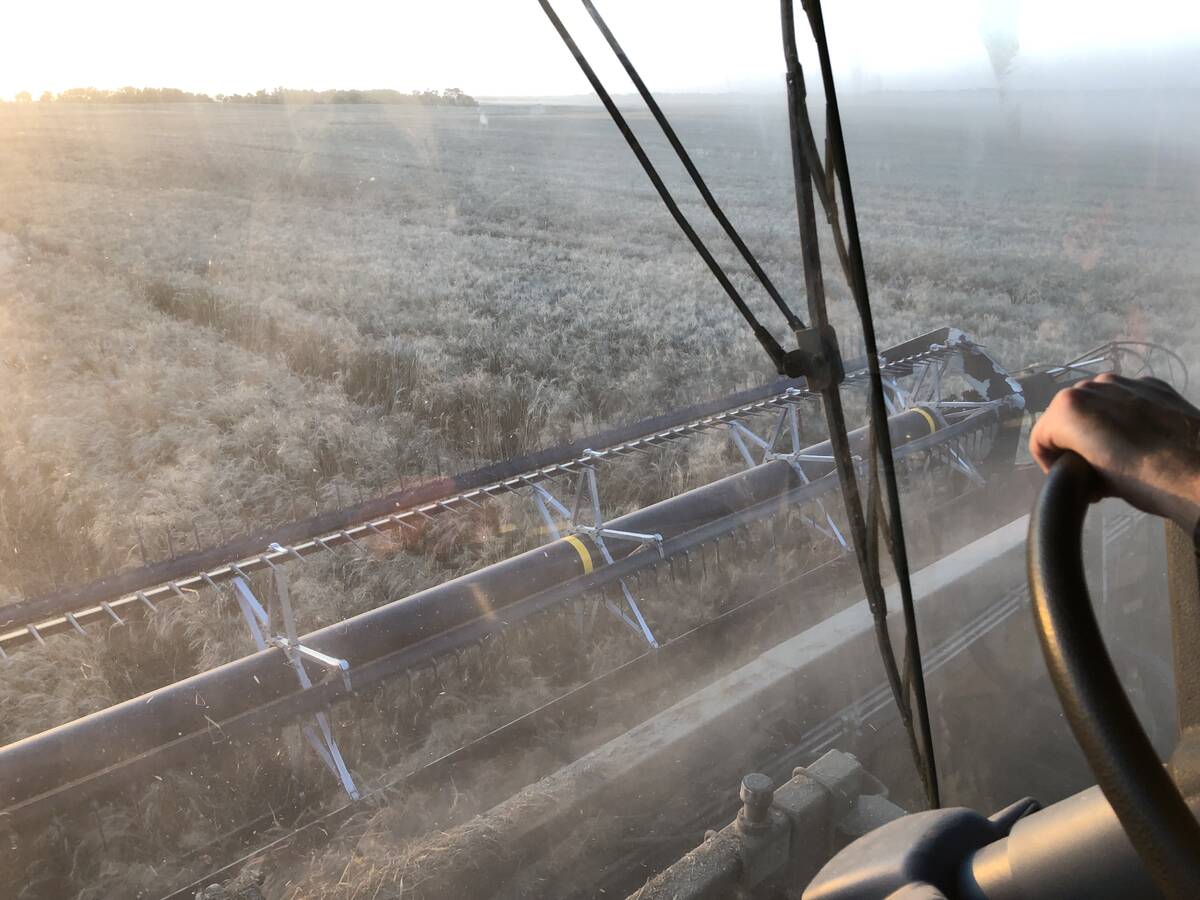An alternative land use services task force expects to have a pilot project running in Saskatchewan next spring.
However, financial details haven’t been finalized for the incentive-based program that would pay producers for providing environmental benefits to the public on their private land.
A three-year pilot would cost between $550,000 and $650,000 annually, according to a task force backgrounder.
Task force chair Glenn Blakley, who represents the Agricultural Producers Association of Saskatchewan, said private money from Delta Waterfowl Foundation is in place, but federal and provincial government funds haven’t yet been confirmed.
Read Also

Mail strike disrupts grain sample delivery
The Canadian Grain Commission has asked farmers to consider delivering harvest samples directly to CGC offices, services centres or approved drop offs as Canada Post strike delays mail.
In Manitoba, the federal Advancing Canadian Agriculture and Agri-Food program will provide funding for a pilot project in the Rural Municipality of Blanshard. Blakley said Saskatchewan will also look to the same program for assistance.
He said the project is encountering “major kickback from some provincial departments” in its attempts to get money.
The pilot project will examine how providing incentives to farmers would protect environmental assets.
At least 15 RMs have already expressed interest in participating. One will be chosen within the next couple of weeks.
Blakley said each province has to look at a specific area of need within the principles of a national program.
Saskatchewan will likely target water issues – retention, recharge, cleanliness and erosion control.
Farmers in the Manitoba pilot project area have until Oct. 13 to enrol. Eligible landowners will be paid to maintain or enhance lands in four different areas: wetlands; riparian areas; natural areas such as woods or grasslands; and ecologically sensitive lands prone to erosion, salinity or other degradation.
Funding for this project is secure for two years, with the intention of a third.
Manitoba project manager Steve Hamm said in a News release
news that nearly 70 percent of landowners in the RM had expressed interest in participating.

















